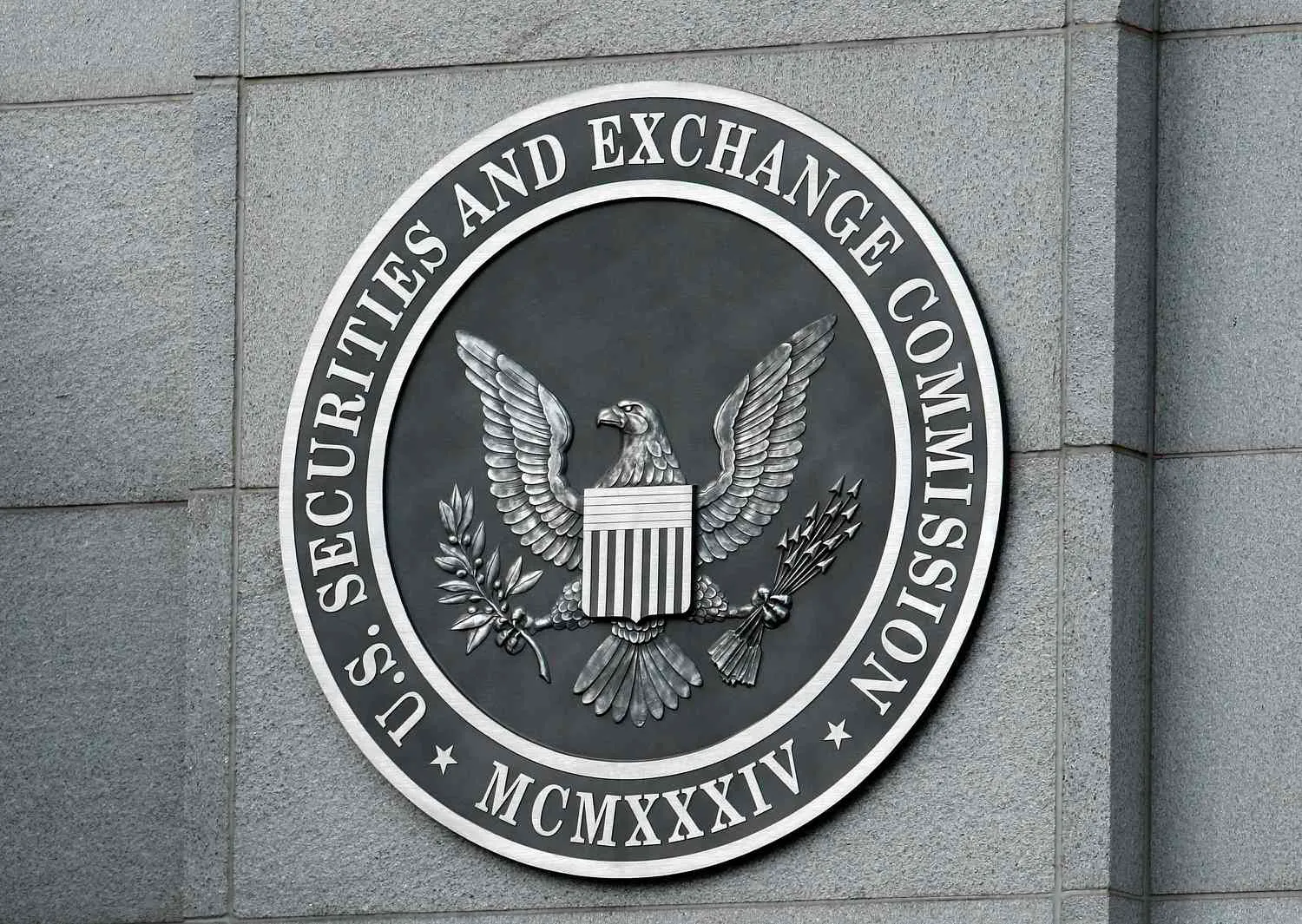David Hirsch, the head of the SEC’s crypto asset enforcement division, has resigned. He announced his resignation in a LinkedIn post, marking the end of his nearly 10-year tenure at the agency. Hirsch led the digital asset enforcement team, dealing with numerous complex and high-profile cases in the crypto industry.
Also Read: Terraform & Do Kwon to pay SEC $4.5b after fraud verdict
In his post, Hirsch reflected on his time at the SEC, grateful for the opportunity to work on investigations. He expressed pride in leading the Crypto Assets and Cyber Unit team and acknowledged the support of numerous mentors, colleagues, and partners across various regulatory and law enforcement bodies.
Hirsch is not joining Pump.fun
Hirsch’s resignation quickly sparked rumors that he had joined Pump.fun, a memecoin launch platform, as head of trading. However, Hirsch was quick to shut down these rumors. He responded to a comment on his LinkedIn post, which questioned the validity of the claims about his new role at Pump.Fun. Hirsch firmly replied that, “This claim by pumpdotfun is false.”
While it is hard to leave an agency that has given me so much, I am very excited for the next set of challenges. I look forward to sharing more about that soon, but for now I’m excited for a break and travel with my family before my son heads to college in the fall.
David Hirsch
The SEC’s approach under Hirsch contrasted with its previous, more sedate enforcement style. Traditionally, the agency targeted misdeeds at regulated businesses, often large Wall Street firms with extensive legal departments, which quickly began negotiating settlements.
Also Read: Coinbase Submits Closing Brief Opposing SEC’s Petition Denial
However, the charges against digital asset companies often threatened their existence, leading them to take the agency to court. Right now, Binance founder Changpeng Zhao is serving a four-month prison sentence in California over money laundering charges.
Hirsch was stern with the crypto industry
Despite all that, Hirsch was still quite stern with the crypto industry. For instance, last September, he revealed that his team was investigating other companies engaging in activities similar to those at major platforms like Coinbase and Binance. His statement indicated that he believes compliance breaches are widespread in the industry and not limited to a few entities.

“We’re going to continue to bring those charges,” Hirsch said at a time when the agency was already involved in several crypto cases in federal courts, and not always with complete success, as seen in its effort to appeal a recent Ripple ruling.
He emphasized that the SEC’s interest in crypto went beyond just high-profile exchanges; it also looked into intermediaries that operated “illegally.” This included brokers, dealers, clearing agencies, or any others active in the market within the SEC’s jurisdiction but not meeting their obligations, either through registration or failure to provide adequate disclosures.
Hirsch also clarified that DeFi projects would not escape the SEC’s scrutiny. “We’re going to continue to conduct investigations, we’re gonna be active in the space, and adding the label of DeFi is not going to be something that’s going to deter us from continuing our work,” he said.
Cryptopolitan reporting by Jai Hamid





